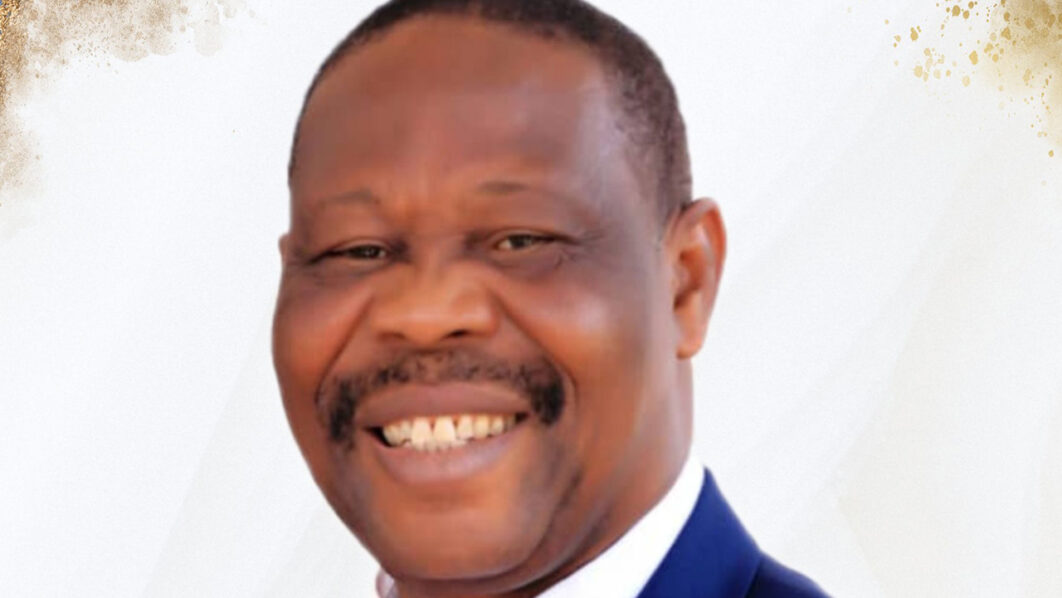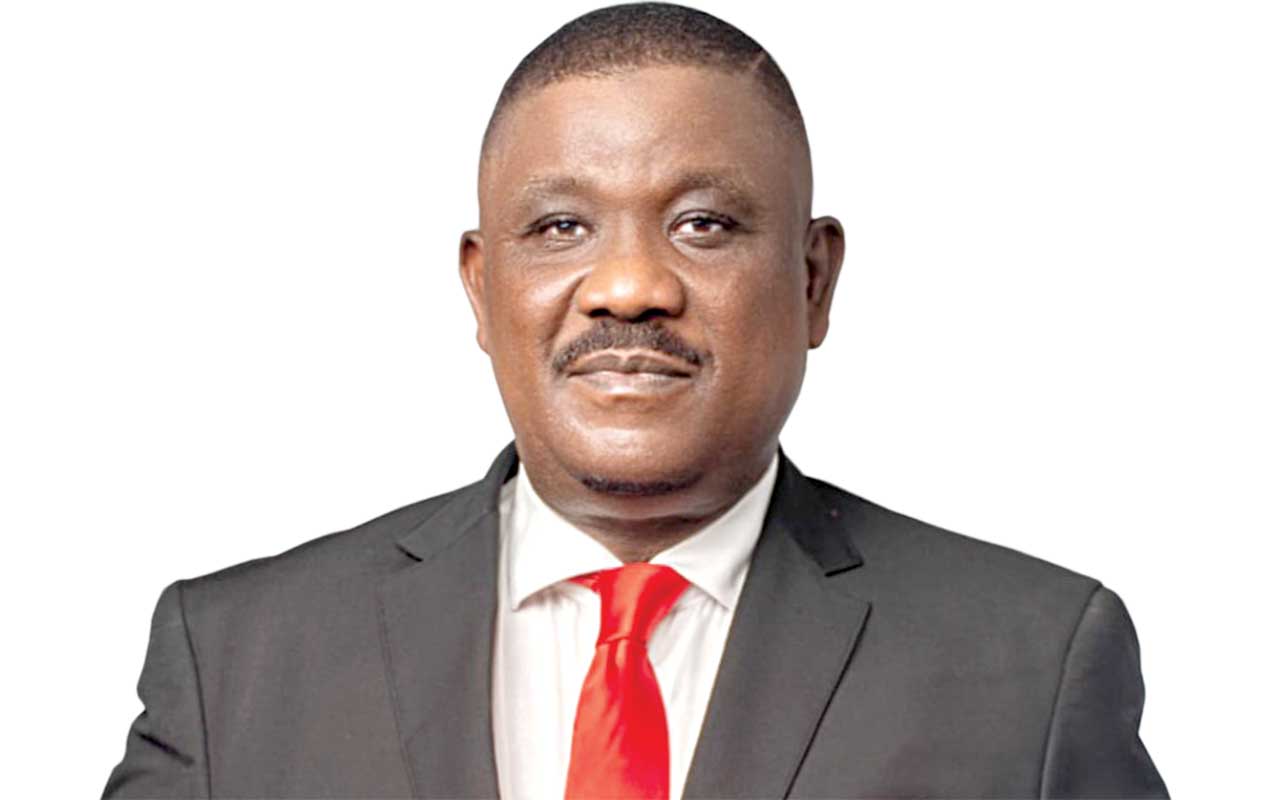
Dr. Godwin Akpan Amaowoh, a prominent figure in Nigeria’s religious landscape, has dedicated much of his life to the Assemblies of God Church, where he currently serves as General Secretary and Trustee. Born on November 29, 1959, in Mbiabong Ikon No 1, Akwa Ibom State, Dr. Amaowoh’s journey is marked by a deep commitment to both his faith and the socio-political context of Nigeria.
Dr. Amaowoh’s educational background is extensive, with degrees in Geography, History, Biblical Studies, and a Ph.D. in Biblical Studies. His qualifications reflect a strong foundation in both the humanities and religious education, which have shaped his perspectives on governance and leadership. He has been influenced by his academic experiences at institutions such as the University of Uyo and the University of Nigeria, Nsukka, where he developed his dissertation on Tupocracy—a political doctrine advocating for principled leadership through example.
His career began in the Ministry of Education, Cross River State, where he worked as a clerical officer from 1979 to 1980 before transitioning to teaching roles in various secondary schools during his National Youth Service Corps (NYSC) year and beyond. From 1985 to 1989, he taught in multiple schools in Rivers State, establishing a foundation in education that would inform his future work in theological education.
In 1989, Dr. Amaowoh transitioned to full-time ministry within the Assemblies of God Nigeria. This shift marked the beginning of a significant phase in his life, where he began to integrate his theological insights and educational background into his leadership roles within the church. Over the years, he has held various positions, including local church pastor, missions coordinator, and superintendent of the Eket District. His leadership roles have often intersected with his educational pursuits, particularly through his teaching engagements at institutions like the Assemblies of God Bible College and the Assemblies of God Divinity School of Nigeria.
Dr. Amaowoh’s experiences as a clergy member have profoundly influenced his views on governance. He argues that a moral and ethical foundation is essential for effective leadership, drawing parallels between religious principles and political responsibilities. His doctrine of Tupocracy emphasizes the need for leaders to embody the values they espouse, a notion that resonates deeply within both religious and secular contexts.
According to Dr. Amaowoh, the challenges facing Nigerian society today—such as corruption, lack of accountability, and poor governance—can be addressed through principled leadership. He believes that religious teachings can provide a framework for ethical decision-making in governance. His perspective is that leaders should not only be accountable to their constituents but also to a higher moral standard, which he asserts is a common tenet in many religious teachings.
Throughout his tenure in various church leadership positions, Dr. Amaowoh has been involved in initiatives aimed at promoting ethical governance within church communities and beyond. His role as National Director of Youth Ministries from 2001 to 2007 allowed him to engage younger generations on the importance of integrity and service. He has consistently advocated for the idea that youth can play a critical role in shaping a more ethical political landscape by embodying the principles of Tupocracy in their leadership practices.
Dr. Amaowoh’s work on the Board of Directors for the Assemblies of God Ministers’ Benefit Scheme and as a member of the Project Assessment Committee further exemplifies his commitment to ensuring that church operations are conducted with transparency and accountability. His approach to these responsibilities is informed by his belief in collaborative governance, where input from various stakeholders is considered essential for making sound decisions that benefit the community.
The intersection of religion and governance is not without its challenges, particularly in a diverse society like Nigeria. Dr. Amaowoh acknowledges that different religious beliefs can lead to varying perspectives on governance. However, he advocates for dialogue among religious leaders to foster mutual understanding and collaboration in addressing social issues. His belief in the potential for religious institutions to contribute to national development is rooted in his experiences within the church and his academic pursuits.
In his capacity as General Secretary of the Assemblies of God Nigeria since 2014, Dr. Amaowoh has continued to emphasize the importance of ethical leadership. He has been involved in various initiatives aimed at promoting social justice and community development, drawing on his theological insights to address pressing societal issues. He asserts that the church has a responsibility to advocate for the marginalized and to hold leaders accountable, a view that has gained traction among many of his peers in the clergy.
Dr. Amaowoh’s commitment to education is also evident in his role as the Proprietor of Kay Kay Dignity International Academy in Ikot Ekpene. Through this institution, he seeks to instill values of hard work and integrity in the younger generation, further emphasizing the connection between education, ethics, and governance. He believes that by educating young






